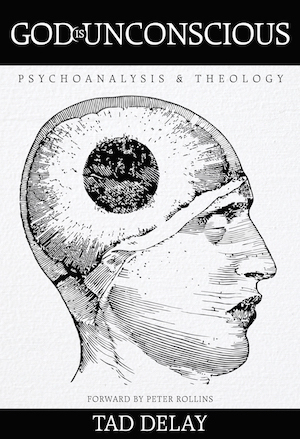Second excerpt from God Is Unconscious | Alienation and Separation
“Our faith in others betrays in what respect we would like to have faith in ourselves.” - Nietzsche
“It is when the Word is incarnated that things really start going badly.” - Lacan
“The underside of a signifier’s power to tell us who we are contains an ever-present, if only latent, power to construct the most unforgivable narratives. And so in our twenties or thirties we enter therapy to begin to discern what happened to us in our earlier years. We imagine we begin the process for any number of reasons, but the psychoanalysts raised the idea that all these reasons are derivatives of two—and ultimately only two—reasons we seek this solution. First, we feel separated by a constitutive and fundamental lack in ourselves and suspect we will never be loved, accepted, or known as fully as we wish. Second, our alienation ensures we shall never fully escape our history, and it is profoundly disturbing to realize the best and the worst experiences mold us in ways beyond our control. We are irrevocably the symptom of the experiences shaping our desire, and we cannot regress to a neutral state of non-conditioned naïveté.
Our alienation begins the moment we learn as infants that there rules of the house we are powerless to protest. This trace inscription evolves into an elaborate latticework of self-imposed injunctions that shape our identities. Like the old Stalinist motto—the more you profess your innocence, the more you deserve to be shot—the more we obediently submit to the superego crafted precariously from our parents and friends, our political economies and our books, our demons and our gods, the more we are under its judgment. We live in the aftermath of the signifier’s incarnation, we adopt our psychopathological dispositions, and we anxiously feel the gaze of what became called the ‘big Other.’”




